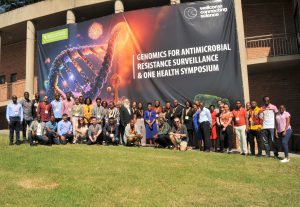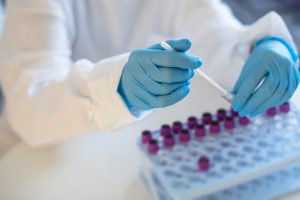The latest World Health Organisation (WHO) situational report (No. 5) released on 20th October 2017 regarding the plague outbreak in Madagascar indicates that 1297 cases and 102 deaths (case fatality rate of 7%) have been reported to health authorities there. The majority of cases (65%) are presenting as pneumonic plague, rather than the usual bubonic form. A multisectoral national response coordination committee has been established, under the leadership of the Minister of Public Health (MOPH) with the support of the WHO, to coordinate the response to the plague outbreak. Enhanced contact tracing, improved surveillance and diagnostic capacity, restriction of public gatherings, infection prevention and control and community mobilization are all underway. In addition, since the recognition of the outbreak, the WHO has indicated that 9 countries namely South Africa, Mozambique, Tanzania, Ethiopia, Mauritius, Comoros, Seychelles and La Reunion, are at high risk for plague importation on account of trade and travel between Madagascar and these countries. The latest WHO situation report (No. 5) may be found on the NICD website at nicd.ac.za
Since notification of the outbreak, the South African National Department of Health with support from the NICD, and the WHO Country Office have been working together to ensure public safety. The following activities have been conducted:
• All airline companies have been alerted to remain vigilant for suspected ill passengers. The Civil Aviation Authority has conducted refresher training for members in event that suspected cases are identified
• Port health officials have enhanced their screening measures to detect an respond to ill passengers arriving in the country
• All provincial outbreak response teams have been alerted to enhance preparedness and implement response measures in the event that a case is detected in the country
• Standard operating procedures for the management of a suspected case of plague have been circulated to stakeholders
• The National institute for Communicable Diseases has the laboratory capacity to diagnose plague and is actively supporting preparedness measures in the country
South African travellers to Madagascar are advised to avoid highly populated areas. Liberal application of DEET-containing insect repellent is advised to prevent flea bites. Prophylactic antibiotics are not advised.
All travellers returning from Madagascar must monitor their health for 15 days and seek medical care immediately at their nearest health facility; if they develop fever, chills, head and body aches, painful and inflamed lymph nodes, or shortness of breath with coughing and/or blood-tainted sputum. They should tell the doctor about their recent travel and their symptoms. Persons with fever should also be tested for malaria.




